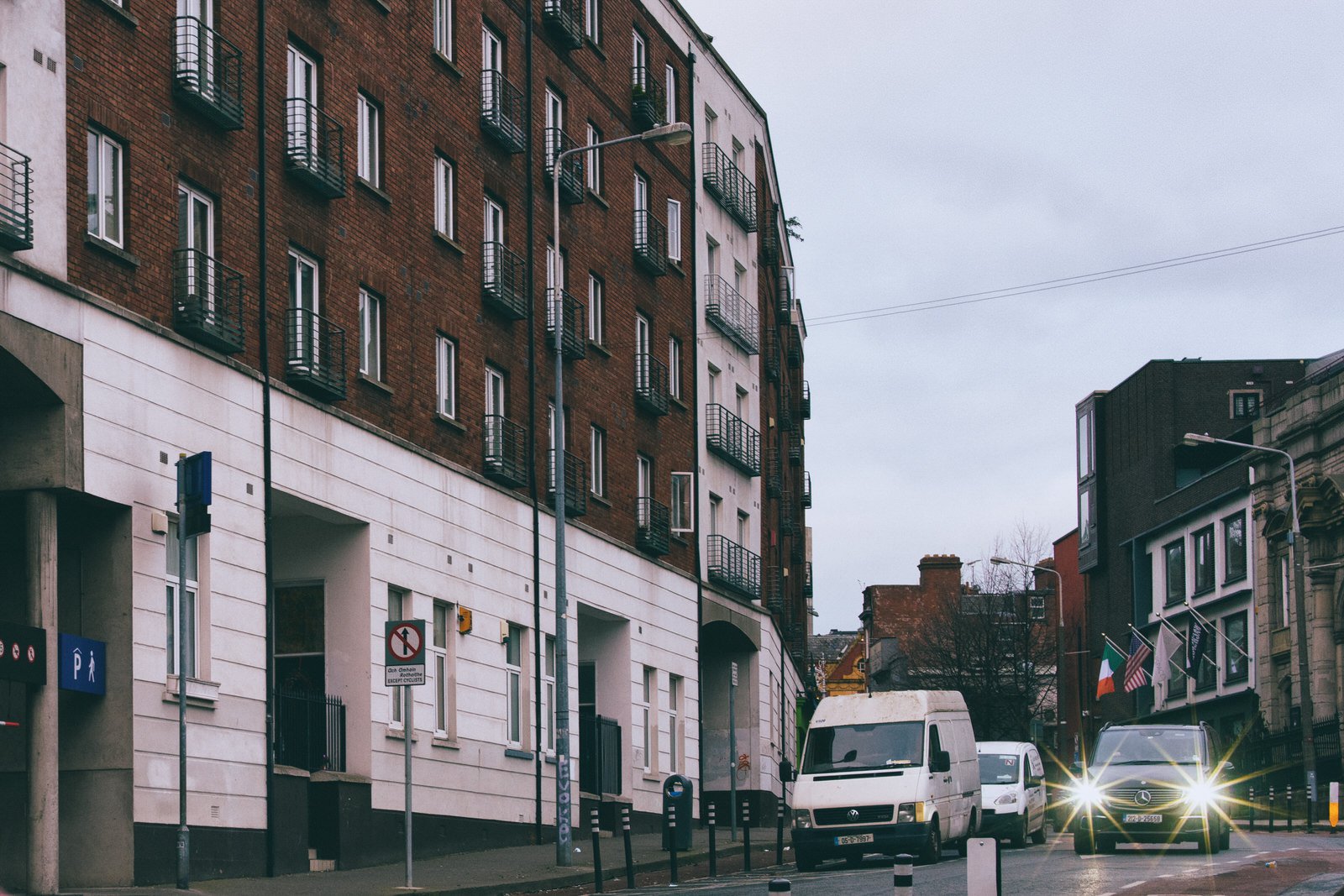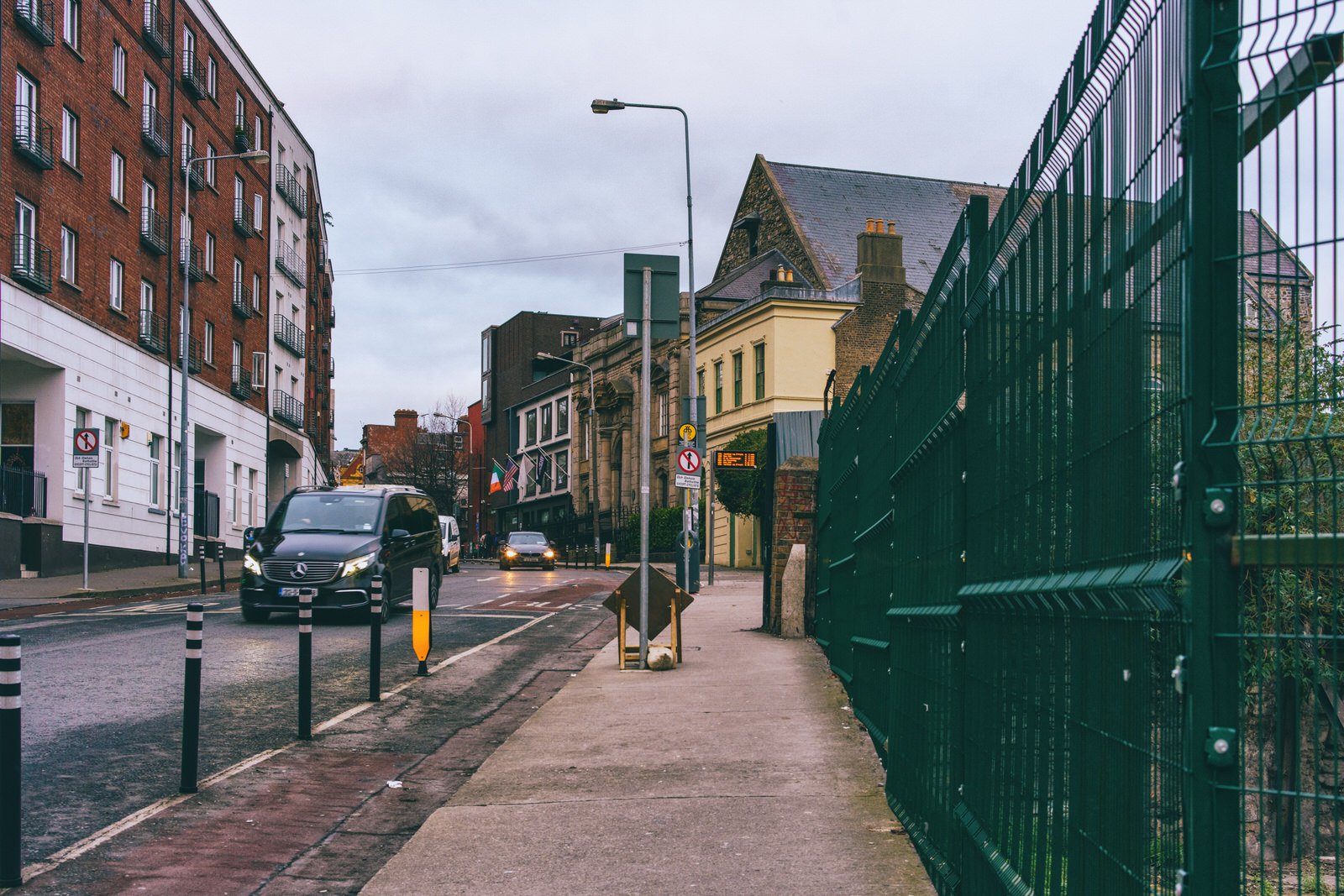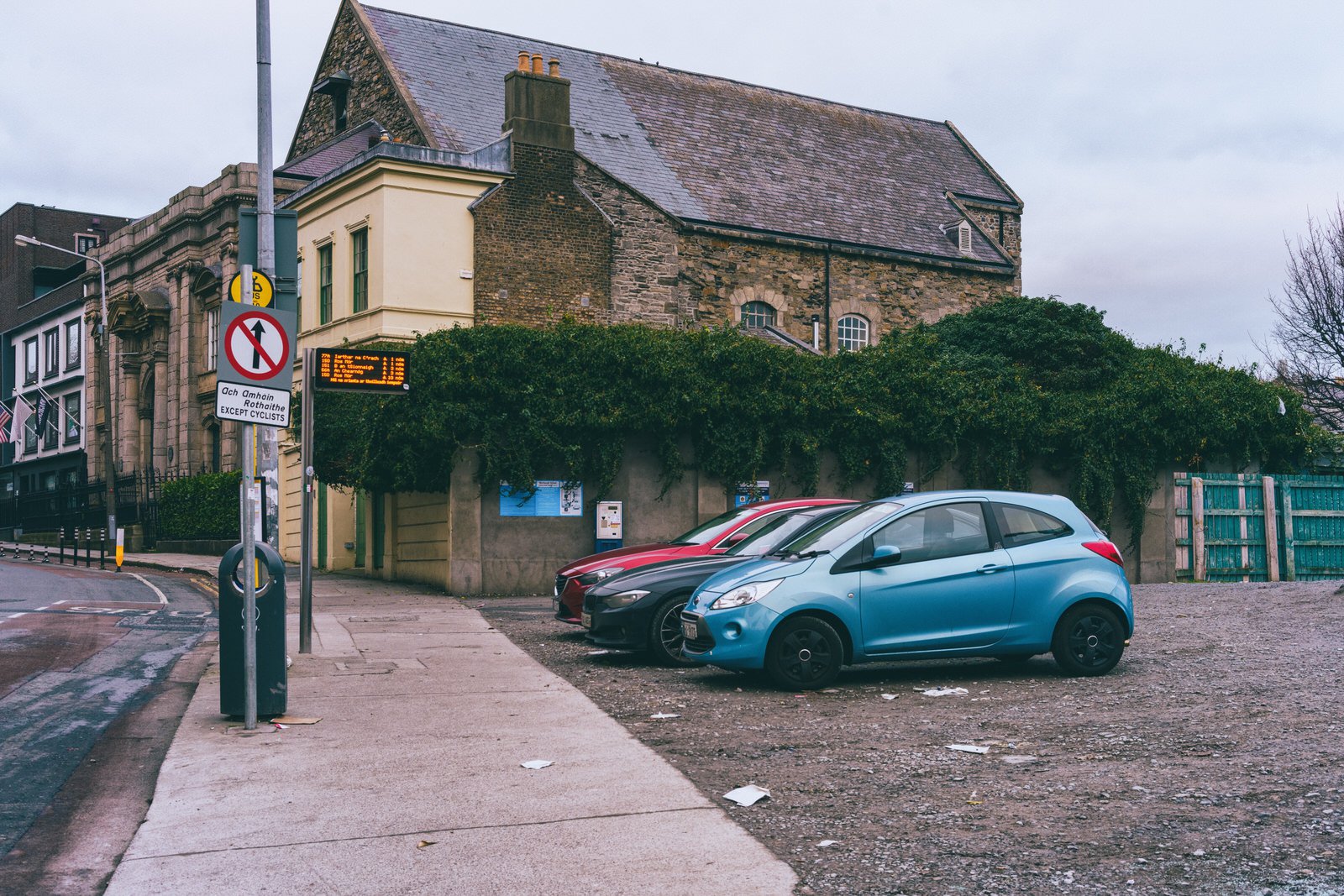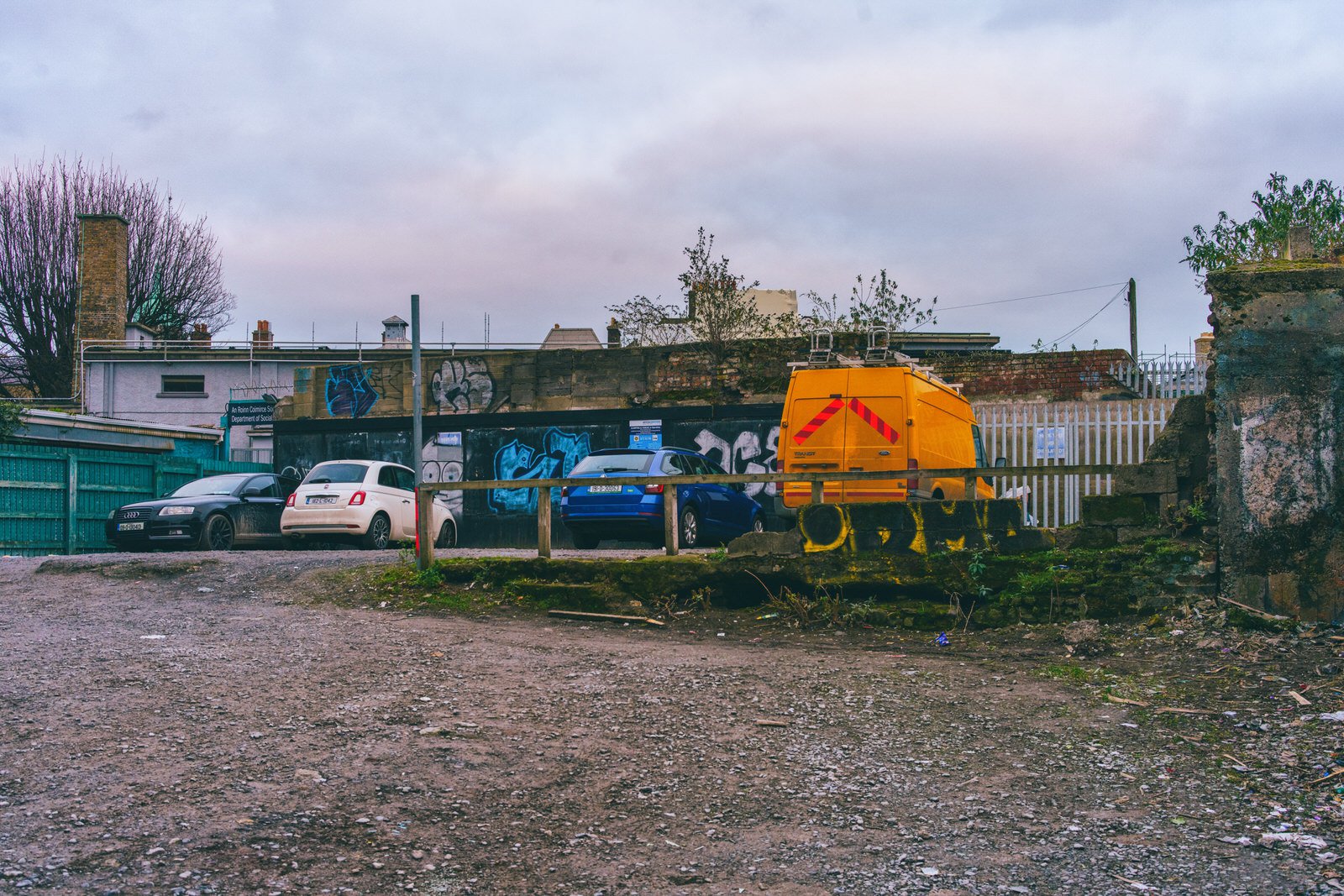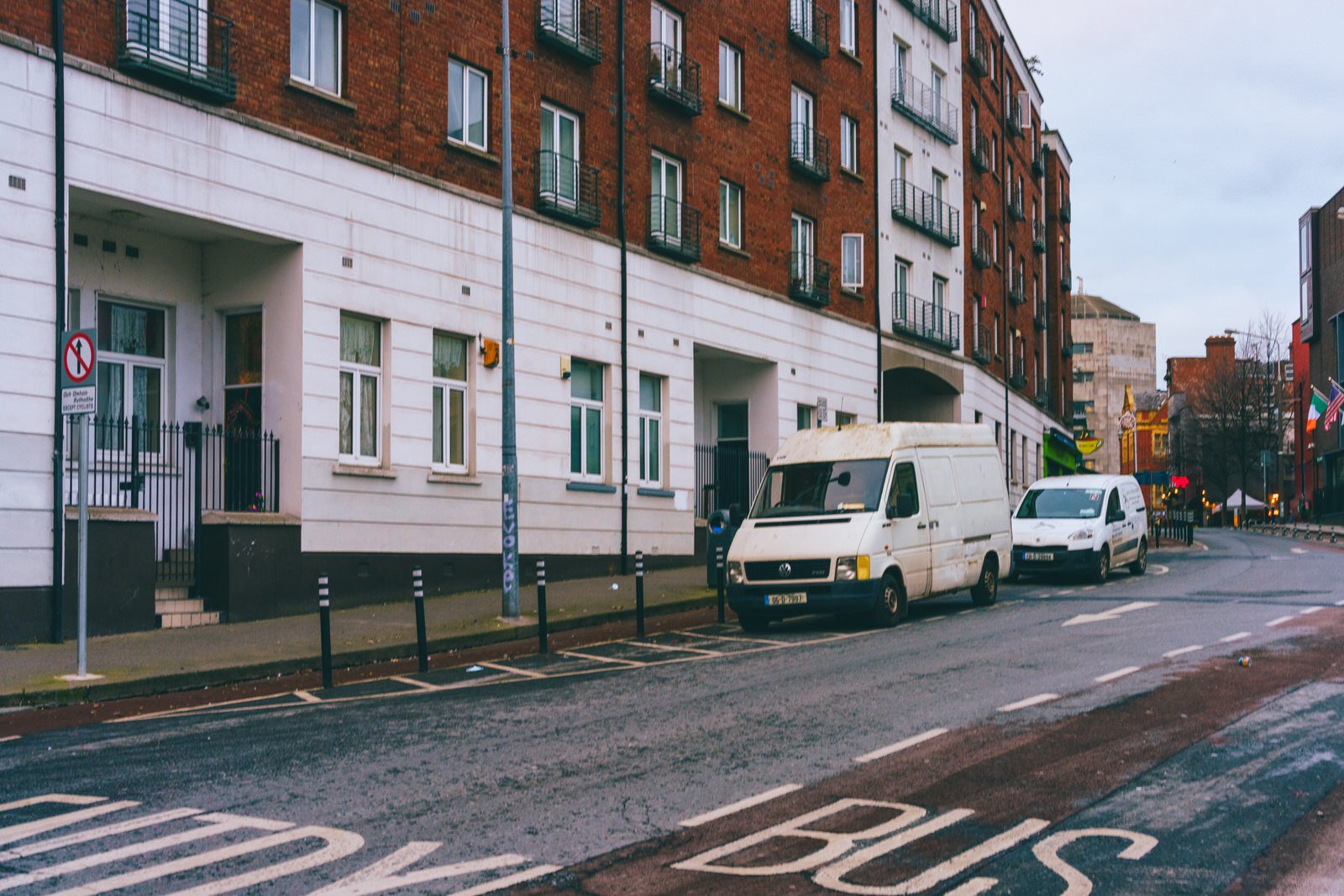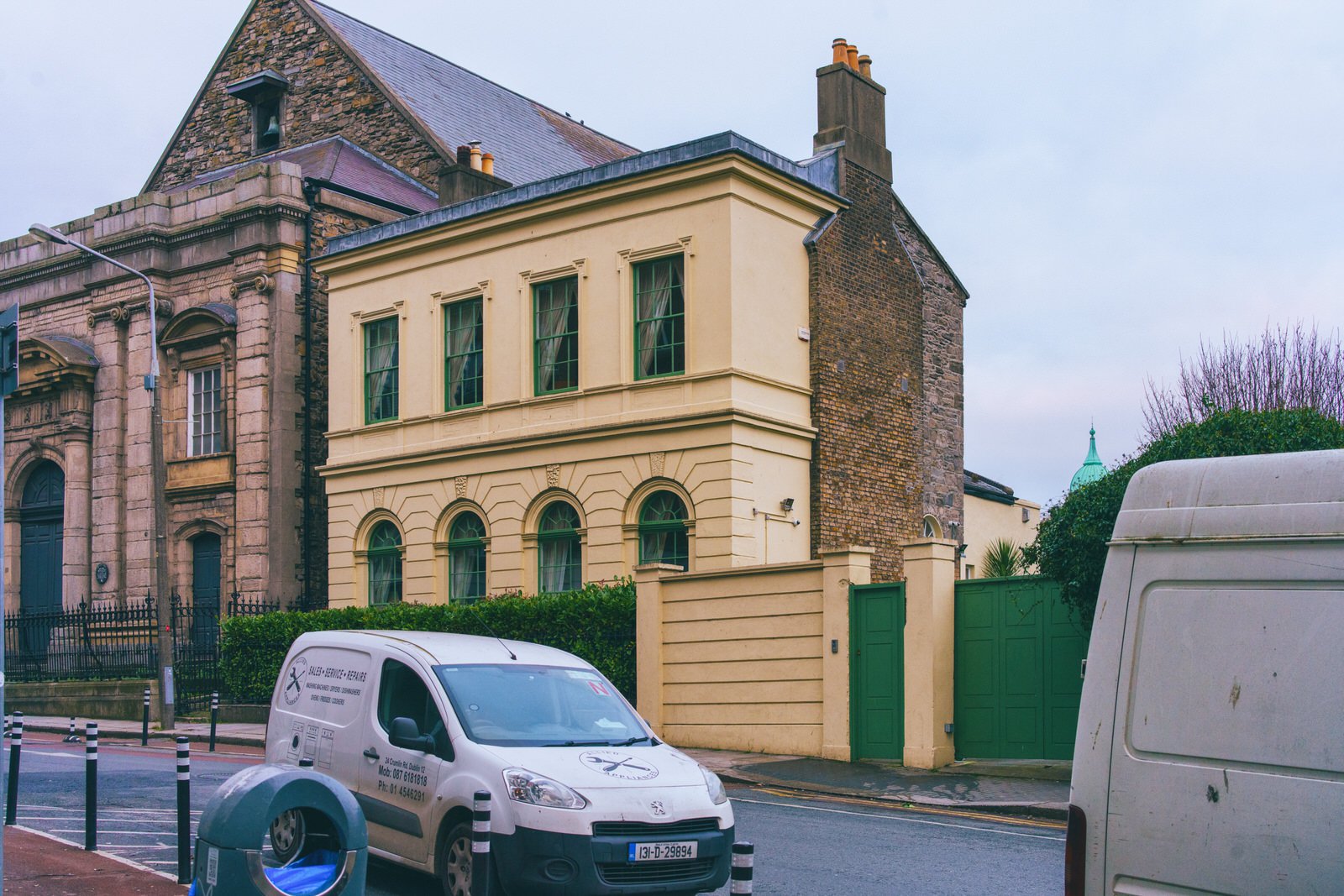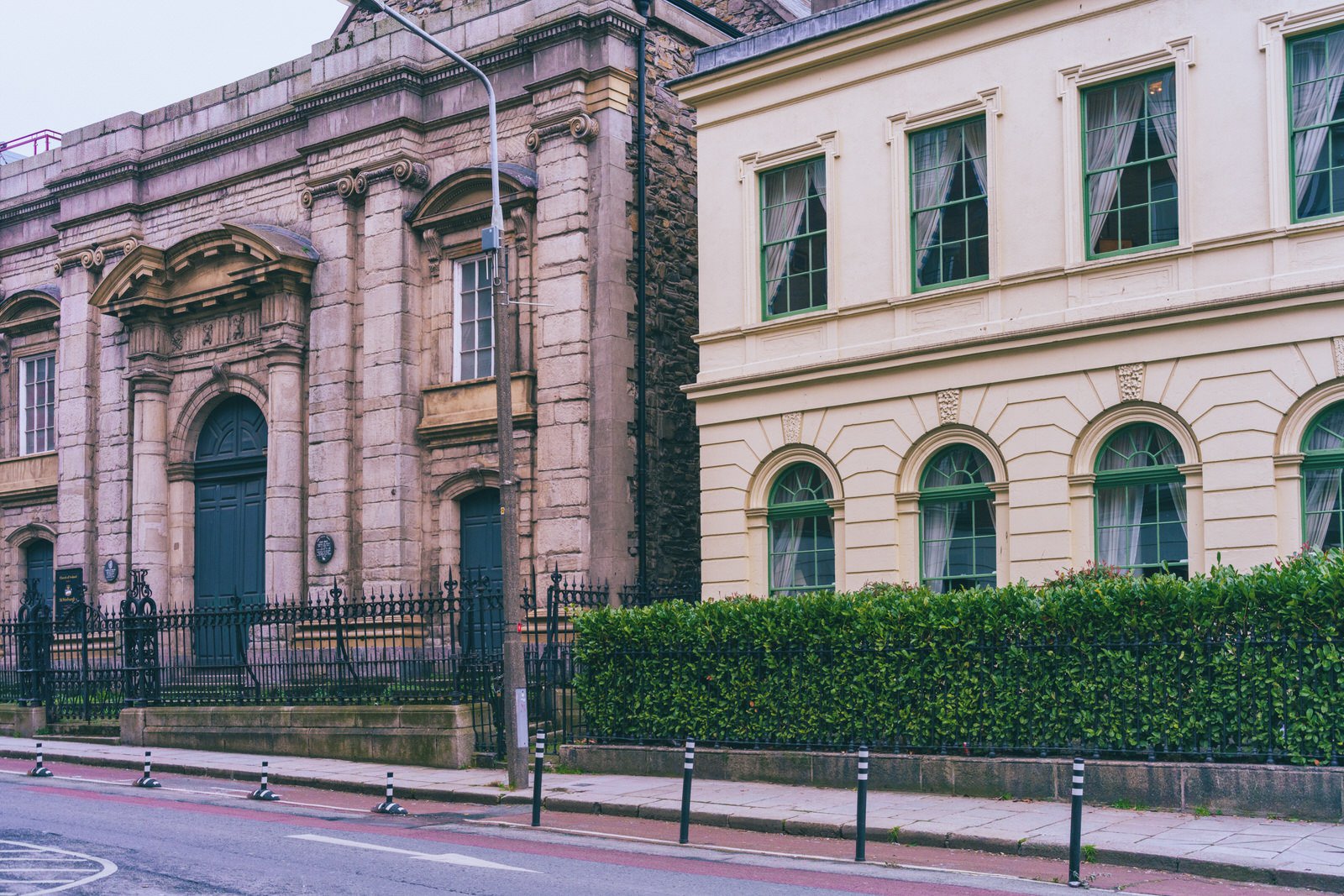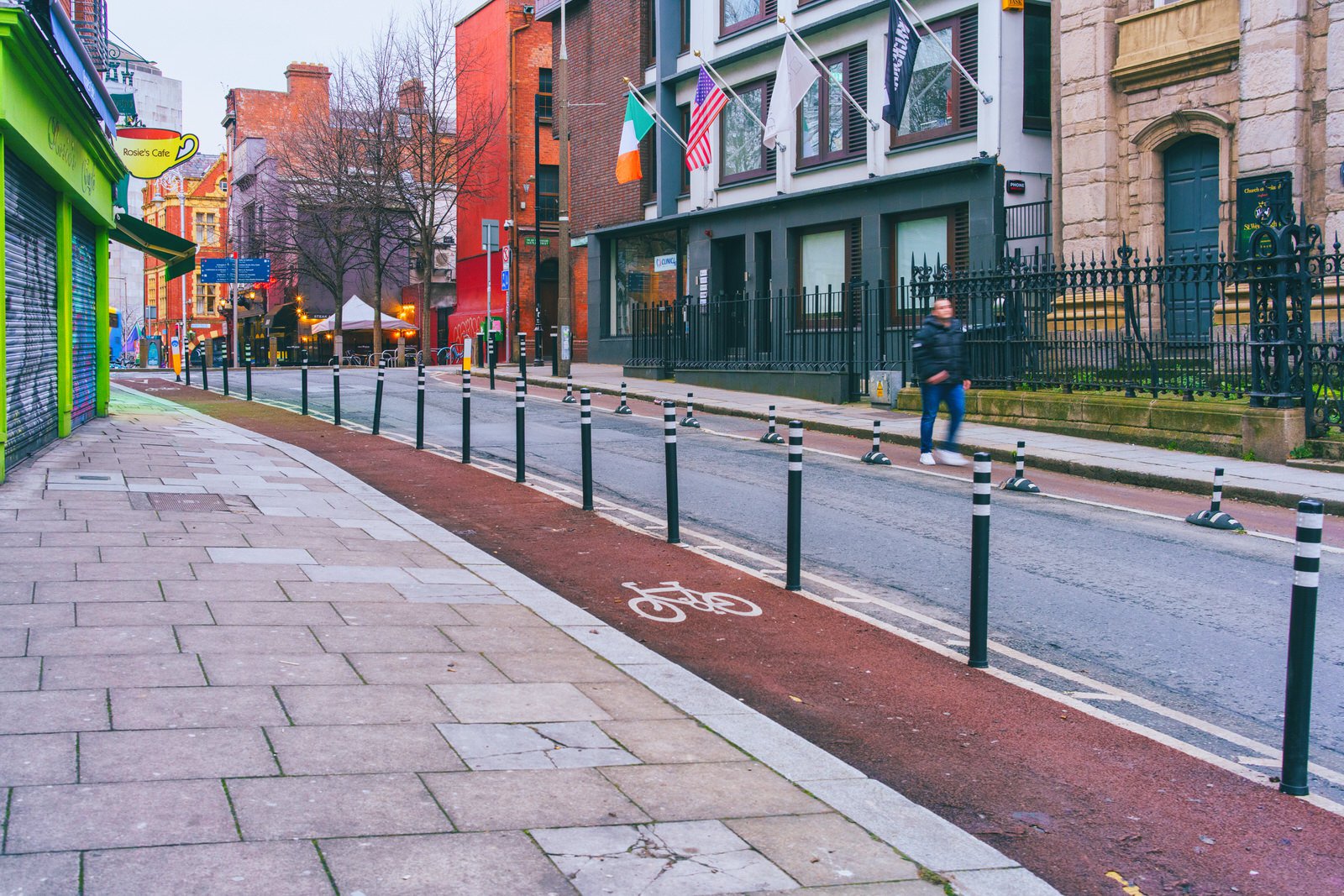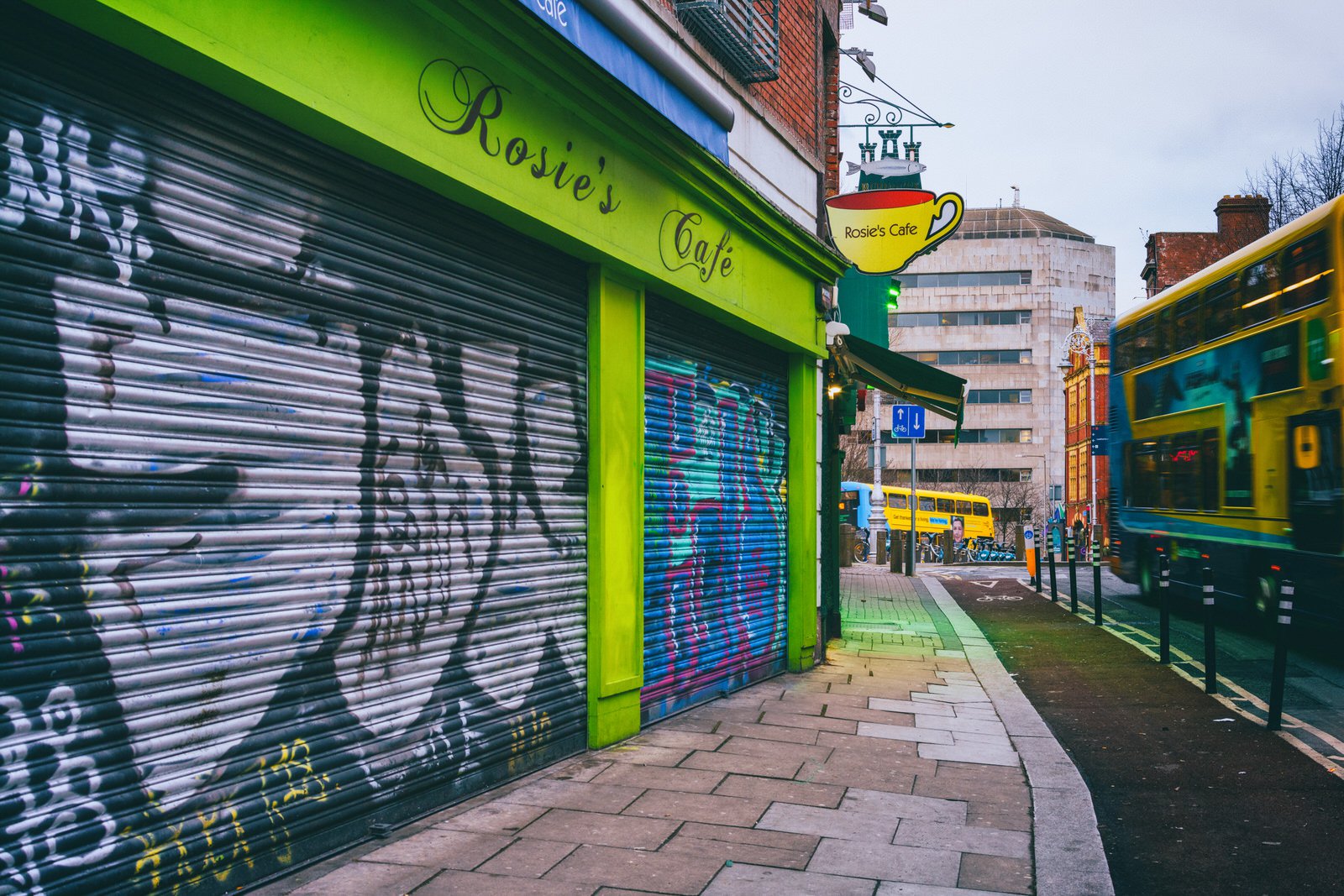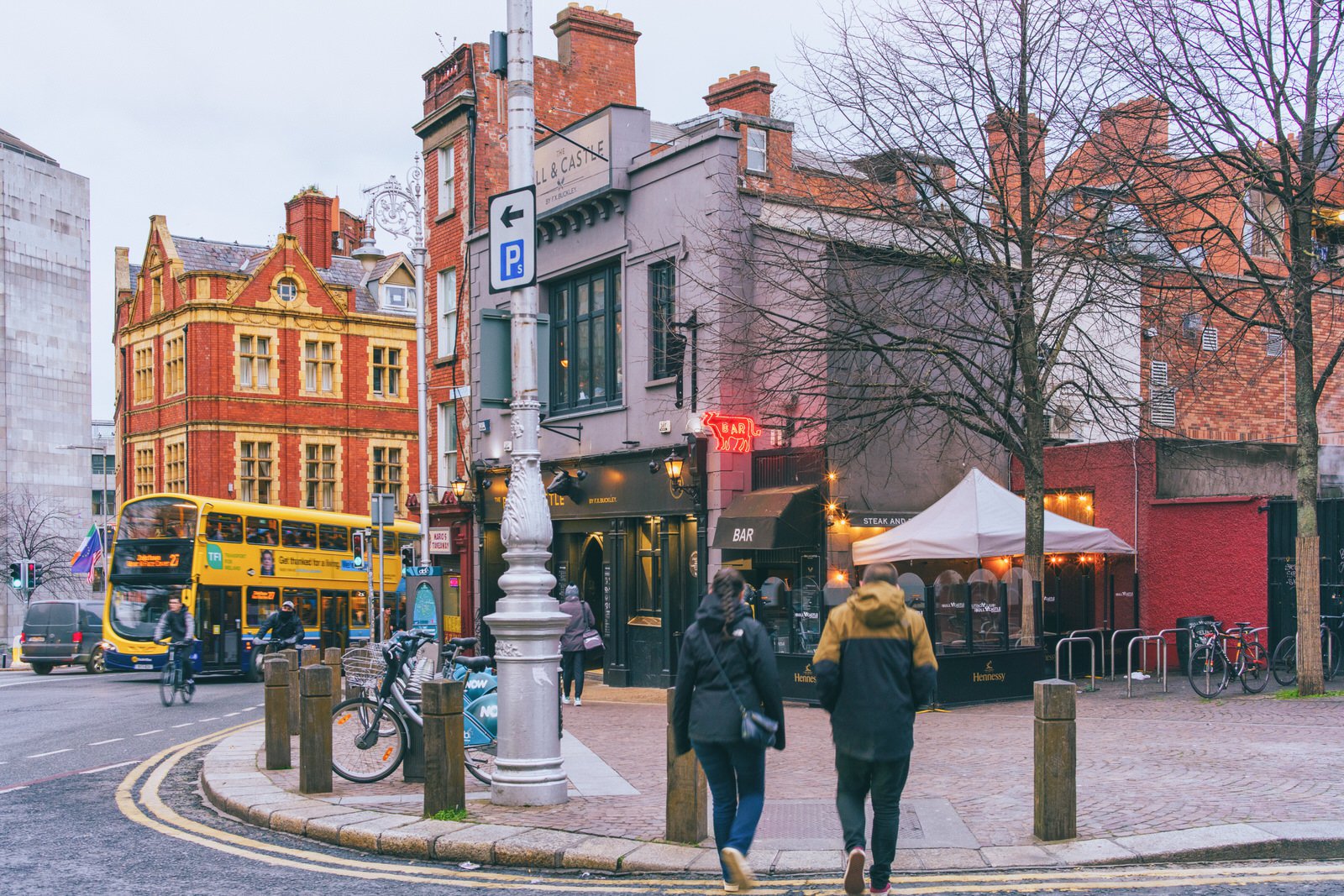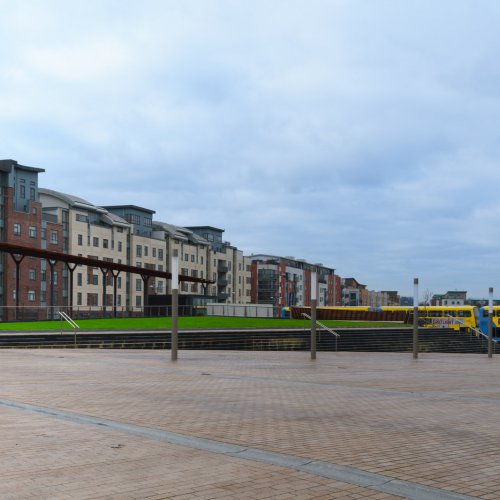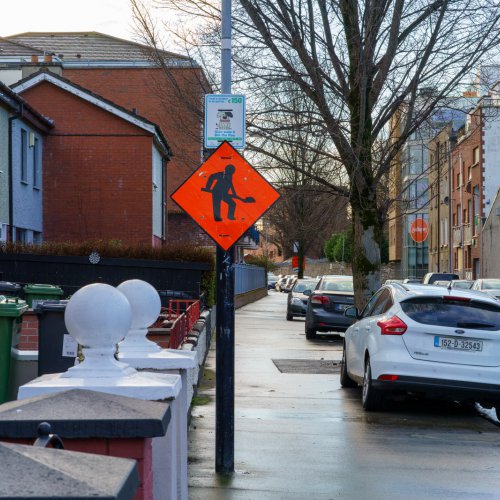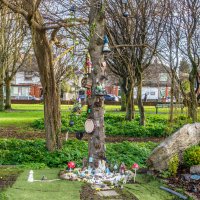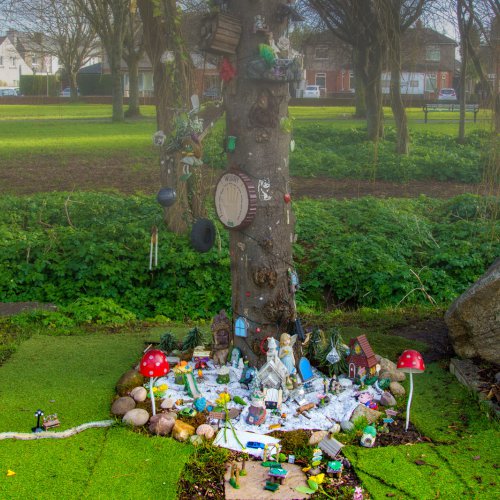Werburgh Street is a street in the medieval area of Dublin, Ireland named for St. Werburgh's Church.
The street was originally St Werburgh Street, named after St. Werburgh's Church, with the street first appearing on maps in 1257. Werburgh Street Theatre was the first purpose-built theatre built in Ireland. The southern end of the street was the location of one of the gateways in the city's walls, known as St Werburgh's Gate or Pole Gate. In the 1600s, the southern end was also the location of the Main Guard of the city. Their station on the street is denoted by Gun Alley nearby, which has since been demolished.
The prison, Four Courts Marshalsea, was also located on Werburgh Street on an area previously known as Shoemaker's Street. There was a square on the western side of the street known as Darby Square, where the Liberty Rangers performed military practice in the run up to the 1798 rebellion.
In 1785, a portion of the pavement collapsed, revealing a cave 40 feet deep filled with coffins and bones. It was thought to be the remains of the old cemetery of St Martin's Church.
Jonathan Swift was born in Hoey's Court, which was off Werburgh Street. One of the last surviving cagework, timber and plaster houses in Dublin was on the corner of Werburgh and Castle Street before it was demolished in 1813.
